TIA Portal Master Project (Level 5)
Loại khoá học: Other IT & Software
Learn (hands-on) to create complete PLC and HMI solutions from absolute zero in TIA Portal.
Mô tả
By now, you already know the basics. You know what digital and analog signals are. You know what "PLC" and "HMI" mean. You know what an INT and a BOOL and a FLOAT are. As long as you're at LEAST that far, you'll be able to handle this course. If you aren't quite there yet, I strongly recommend you check out my first PLC programming course which teaches from the most elementary fundamentals all the way up to creating complete solutions with best practices.
For those of you who are still here and think you're ready, you're about to learn Siemens PLC and HMI programming end-to-end and top-to-bottom (only ten dollars on PLC Dojo). There will be some familiar info covered such as alarm programming and HOAs, but we aren't going remedial here. Most of the focus will be on creating a complete program for a theoretical system and doing so with LAD, FBD, SCL, STL and GRAPH programming paradigms. If you've already completed my PLC IV course, this should be a piece of cake.
But no PLC is complete without an HMI, right? No worries! We're getting into all of that as well and best of all - you'll be able to follow along in your own (fully-functional 21-day trial version) copy of the software. So you'll be creating PLC programs, creating HMI projects, simulating both and making them talk to each other. It's everything you need and want to develop a HIGH comfort level with Siemens technology!
For those of you who might not think you're ready, you can always take a look at my other PLC programming courses.
What's covered in each of the five PLC courses I teach here and on my own PLC Dojo site?
PLC Fundamentals (Level 1) teaches you how to program with the focus on ladder logic, which is the most popular PLC programming language. The goal is to teach you everything you need to know to make a PLC do what you want it to do. You are also given all the software necessary to both CREATE and RUN your own programs live - right on your own computer.
Applied Logic (Level 2) forces you to take what you've learned and solve problem after progressively harder problem unassisted. You get a spec and are told simply: "Make it work, and don't progress until you have." After, you get to watch me solve each one as well. By the end, you don't just know how to program - you are a PROGRAMMER.
Process Visualization (Level 3) gives you both knowledge and experience in FIVE different HMI / SCADA development environments. By the end, you've created several COMPLETE visualization (screen) projects that you can actually run on your own computer (and SHOW PEOPLE in an interview) with no additional hardware.
IEC Paradigms (Level 4) is only for the heavyweights. This course teaches you how to program using all five IEC programming languages (plus one more) in multiple environments. There are projects as well, so by the end, you have seen it all and DONE it all as well. There won't be anything anybody can show you that you won't already be familiar with.
TIA Portal Master Project (Level 5) is the culmination of everything. In that course, you'll program an entire power plant using all five PLC programming languages (in PARALLEL!) with a full HMI. It's a massive and complex project that really showcases your talents in an interview!
Bạn sẽ học được gì
By the end of this course, you will be able to program Siemens PLCs using ALL of the IEC programming languages supported in TIA Portal.
You will know how to create complete HMI projects using WinCC RT Professional.
At your next interview, you'll be able to bring your laptop with a fully functional PLC program and HMI both running live to actually demonstrate everything you've learned in this course (which will be quite a lot).
Yêu cầu
- Coming into this course, you should already have a basic understanding of PLC / HMI terminologies and basic computer literacy.
- If you don't think you're quite ready, check out my beginner's PLC course, "PLC Programming from Scratch (PLC I)."
Nội dung khoá học
Viết Bình Luận
Khoá học liên quan

Đăng ký get khoá học Udemy - Unica - Gitiho giá chỉ 50k!
Get khoá học giá rẻ ngay trước khi bị fix.

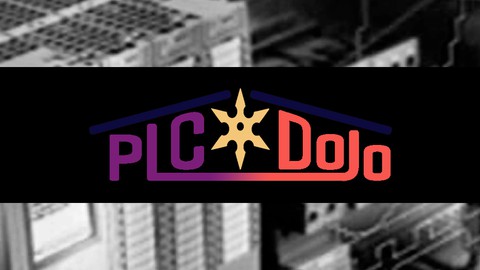
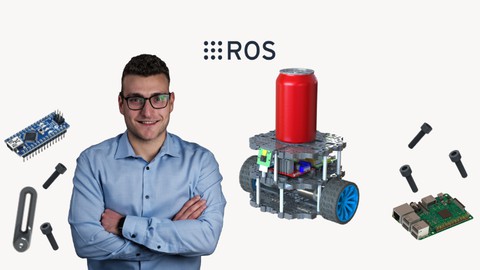
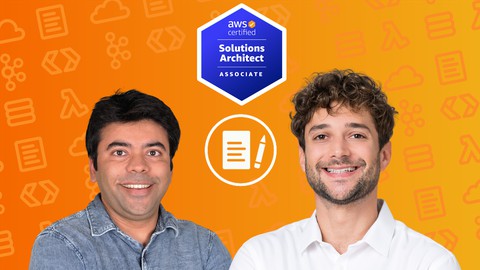

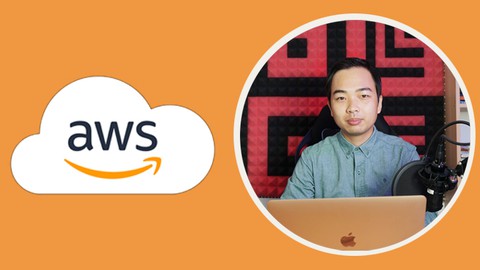
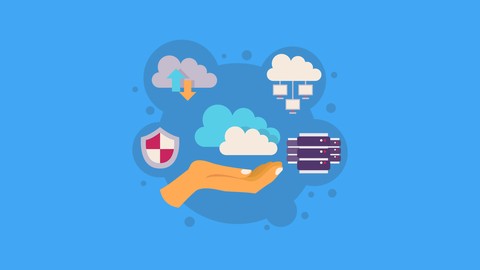
![Java Certification : OCA (1Z0-808) Exam Simulation [2023]](/uploads/courses/udemy/1464072_c364_6.jpg)



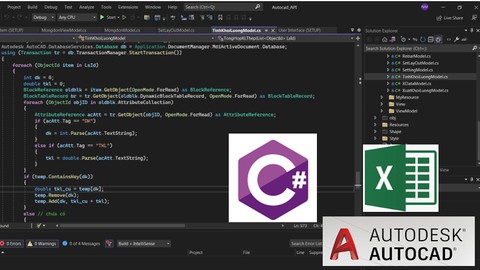
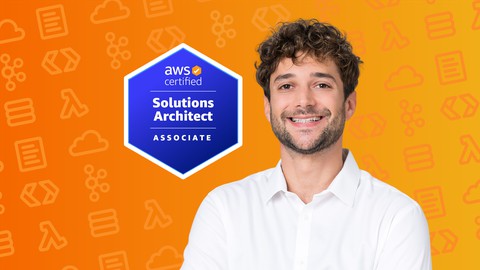
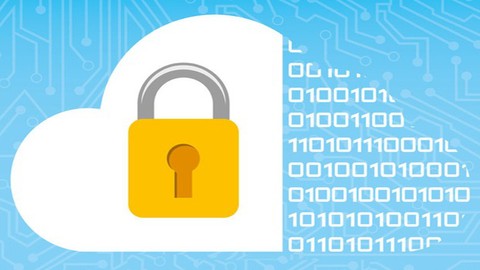
![10 Sample Exams ISTQB Foundation Level (CTFL) v4.0 [NEW!]](/uploads/courses/udemy/3228307_dcb2_10.jpg)
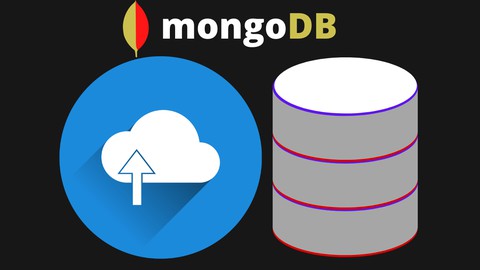
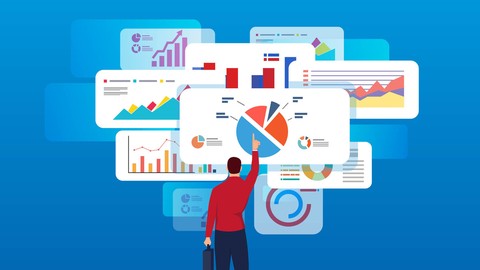
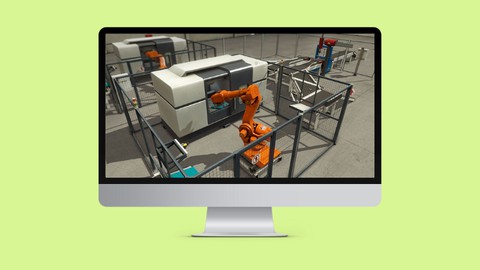
Đánh giá của học viên
Bình luận khách hàng